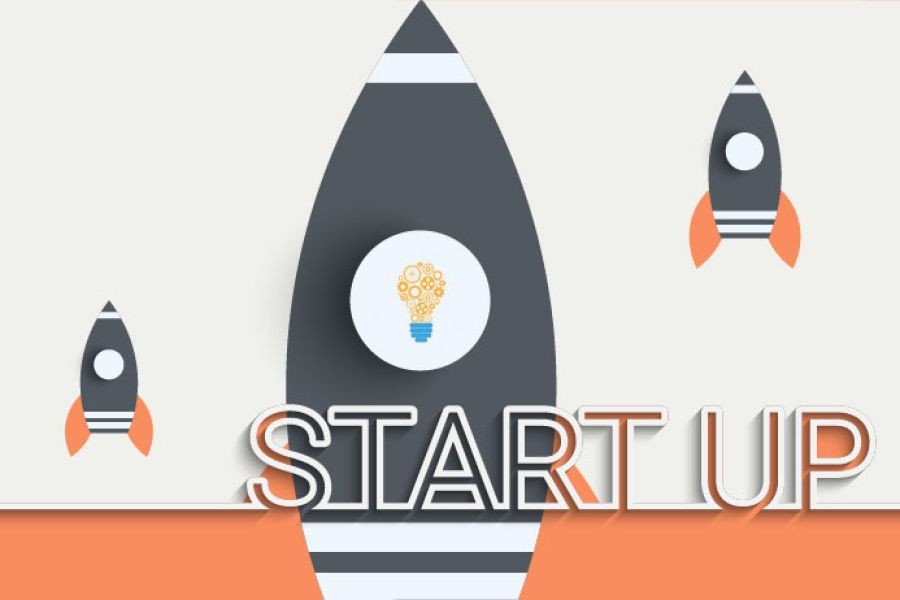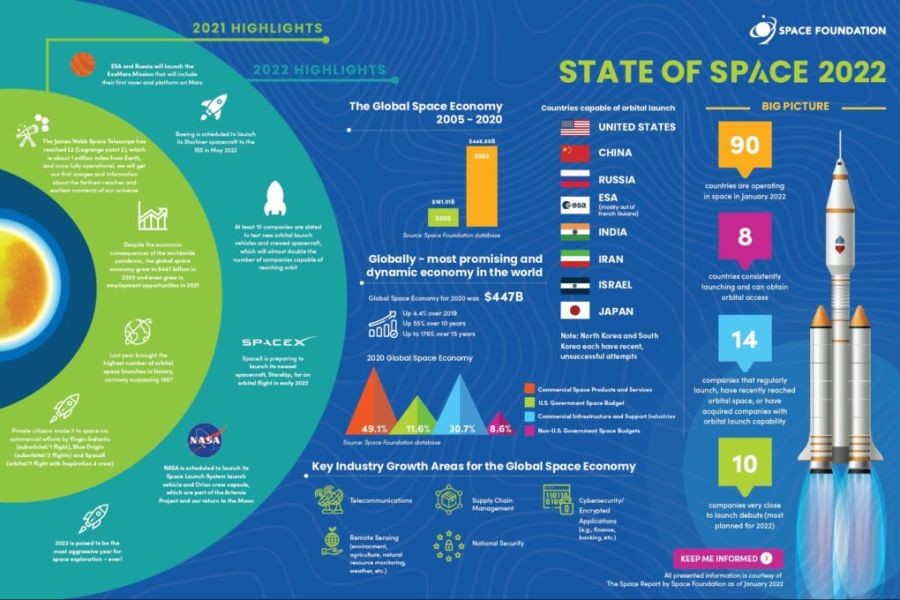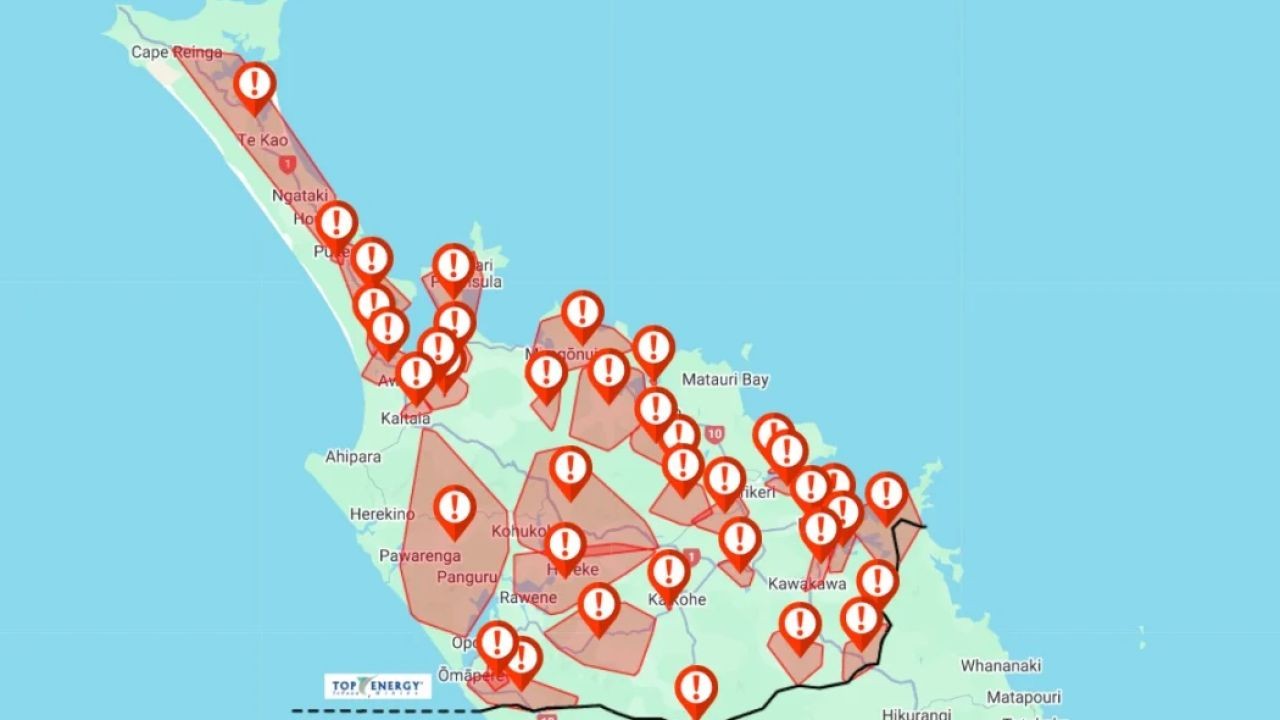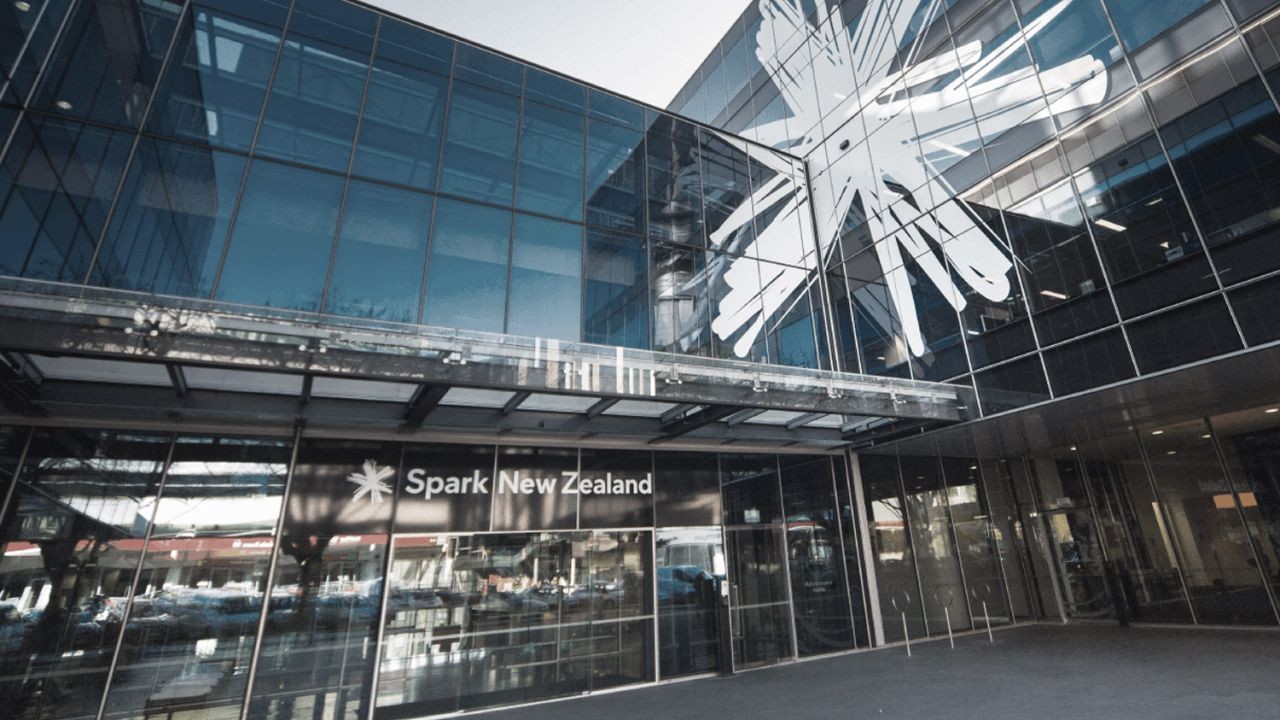In recent years, Australian startups have emerged as formidable players on the global tech stage. With a unique blend of innovation, government support, and strategic investments, these startups are challenging traditional boundaries and redefining industries. However, succeeding in the global tech arena is no small feat, especially for a nation geographically isolated from major tech hubs. This article delves into the dynamics of Australian startups venturing into the global tech landscape, offering insights into their strategies, challenges, and the broader economic implications.
The Current Landscape of Australian Startups
Australia's startup ecosystem has grown exponentially over the past decade. According to the Australian Bureau of Statistics (ABS), the number of startups in Australia increased by 60% from 2015 to 2023. This growth is fueled by a supportive government, a vibrant venture capital scene, and a culture of innovation. Organizations like Startmate and Blackbird Ventures have been instrumental in fostering this environment, providing startups with the necessary resources and mentorship to scale.
The Role of Government Policies
Government policies have played a pivotal role in accelerating the growth of startups. The Australian Government's National Innovation and Science Agenda, launched in 2015, aimed to foster innovation and entrepreneurship. This initiative included incentives such as tax breaks for startups and investors, grants for research and development, and improved access to global talent. The agenda has significantly contributed to the growth of tech startups in sectors like fintech, healthtech, and agtech.
Case Study: Canva – A Global Success Story
Problem: Founded in 2012, Canva, a graphic design platform, faced the challenge of competing with established players like Adobe.
- Canva struggled to differentiate itself in a saturated market.
- Limited resources and a small team added to the challenge.
Action: Canva adopted a user-centric approach, focusing on simplicity and accessibility.
- They leveraged cloud-based technology to offer a free platform, attracting millions of users globally.
- Canva also focused on community building, encouraging user-generated content.
Result: Within a decade, Canva became a unicorn, valued at over $40 billion in 2023.
- Canva's user base grew to over 60 million monthly active users across 190 countries.
Takeaway: Canva's success underscores the importance of a user-focused strategy and community engagement in scaling globally.
Challenges in the Global Tech Arena
Despite the success stories, Australian startups face significant challenges when entering the global market. One major hurdle is the geographical distance from major tech hubs like Silicon Valley and New York. This distance can lead to logistical challenges and increased operational costs. Additionally, cultural differences and regulatory complexities in foreign markets add layers of difficulty for Australian startups.
Comparison: Australian vs. Global Tech Adoption
While Australia has made strides in tech adoption, it lags behind leading nations in certain areas. For instance, Australia's AI adoption rate is lower compared to countries like the USA and China. According to a report by the Reserve Bank of Australia (RBA), only 32% of Australian businesses have integrated AI into their operations, compared to 56% in the United States. This gap presents both a challenge and an opportunity for Australian startups to innovate and lead in AI-driven solutions.
Pros and Cons of Launching a Startup in Australia
Pros:
- Supportive Ecosystem: A robust network of incubators, accelerators, and venture capitalists.
- Government Incentives: Tax breaks and grants for innovation and research.
- Talent Pool: Access to skilled professionals and a growing tech-savvy workforce.
Cons:
- Geographical Isolation: Distance from major tech hubs increases operational costs.
- Limited Market Size: Australia’s smaller population limits domestic market potential.
- Regulatory Challenges: Navigating complex regulatory environments in foreign markets.
Emerging Trends in the Australian Startup Scene
Recent years have seen a surge in tech innovations within Australia. Startups are increasingly leveraging disruptive technologies such as blockchain, AI, and IoT to create new market opportunities. For instance, Australian fintech startups are pioneering blockchain solutions in the banking sector, offering more secure and efficient transactions. Additionally, healthtech startups are using AI to improve patient outcomes in remote areas, addressing the unique challenges of Australia's vast geography.
Common Myths about Australian Startups
- Myth: "Australian startups can't compete globally due to their small domestic market size."Reality: Despite a smaller domestic market, Australian startups like Atlassian and Afterpay have successfully scaled globally, proving that innovation can transcend geographical boundaries.
- Myth: "Government support is limited to tax incentives."Reality: Beyond tax incentives, the government offers grants, access to global networks, and supports tech incubators and accelerators.
Future Trends and Predictions
Looking ahead, the future of Australian startups in the global tech arena is promising yet challenging. The integration of AI and machine learning is expected to accelerate, with predictions that by 2028, AI will drive 40% of Australia's GDP growth, according to Deloitte's Tech Industry Report 2024.
Conclusion
Australian startups are poised to make significant impacts on the global tech stage. With supportive government policies, a growing talent pool, and innovative thinking, these startups are overcoming geographical and market limitations. However, continuous adaptation and innovation remain crucial. For investors, the Australian startup ecosystem offers lucrative opportunities, but careful consideration of market dynamics and strategic partnerships is essential.
Want to stay ahead in the tech startup world? Join our exclusive newsletter for insider insights and updates on emerging trends in the Australian startup ecosystem!
People Also Ask
- How are Australian startups competing globally? Australian startups leverage government support, innovation, and strategic global partnerships to compete in the global tech arena.
- What are the main challenges for Australian startups? Geographical isolation, regulatory complexities, and limited domestic market size are key challenges facing Australian startups.
- What future trends should Australian startups watch? AI integration, blockchain solutions, and global partnerships are trends Australian startups should focus on to remain competitive.
Related Search Queries
- Australian startups global impact
- Government support for Australian startups
- Challenges faced by Australian startups
- Australian tech industry trends
- Future of AI in Australia

























